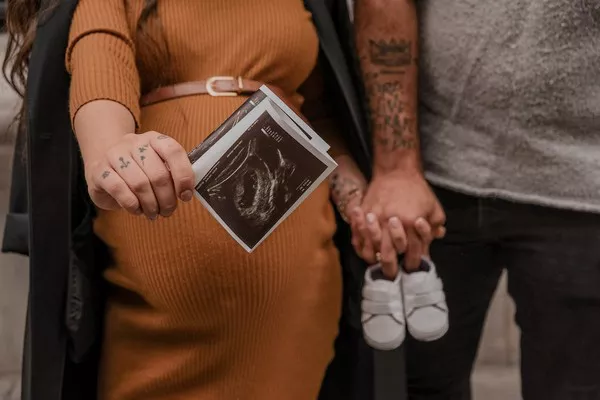Health officials in England are urgently advising pregnant women to receive the whooping cough vaccine following a surge in cases that has tragically claimed the lives of nine young babies between November and May.
Current Situation and Statistics
According to the UK Health Security Agency (UKHSA), cases of whooping cough skyrocketed from 858 in the whole of last year to 7,599 from January to May this year. In January alone, there were 555 confirmed cases, which rose sharply to 2,591 by May. Most concerning are the 262 cases reported in babies under three months, who are particularly vulnerable to severe complications from the disease.
Whooping cough, or pertussis, is a bacterial infection affecting the lungs, characterized by severe bouts of coughing that can lead to breathing difficulties. The disease gets its name from the distinctive “whoop” sound some babies make when gasping for air.
Vaccination Recommendations
Pregnant women are strongly urged to receive the whooping cough vaccine during each pregnancy, ideally between 20 and 32 weeks. This vaccine provides approximately 92% protection against infants dying from whooping cough in their early months of life. Additionally, all babies are scheduled to receive three doses of the six-in-one combined vaccine at eight, 12, and 16 weeks of age as part of routine NHS immunizations, which also safeguard against other serious diseases like diphtheria.
Impact of COVID-19
The COVID-19 pandemic has contributed to reduced immunity against whooping cough within the population, exacerbating the current outbreak. This highlights the critical importance of maintaining vaccination rates to protect vulnerable infants.
Call to Action
Dr. Mary Ramsay, director of immunization at UKHSA, stressed that vaccination is the best defense against whooping cough. She emphasized the role of vaccination during pregnancy in passing protection to babies, shielding them during their most vulnerable period before they can receive their own vaccinations.
Kate Brintworth, chief midwifery officer for England, reassured that pregnant women can access the vaccine through their GP or antenatal services. She urged parents to ensure their children are vaccinated in their early months of life as part of the routine NHS vaccine schedule.
Conclusion
As cases of whooping cough continue to rise and infant fatalities persist, health authorities emphasize the critical need for timely vaccination among pregnant women and infants. This measure not only safeguards individual health but also contributes to community immunity against preventable diseases.
This advisory serves as a reminder of the life-saving benefits of vaccination and underscores the importance of timely immunization to protect vulnerable populations.


